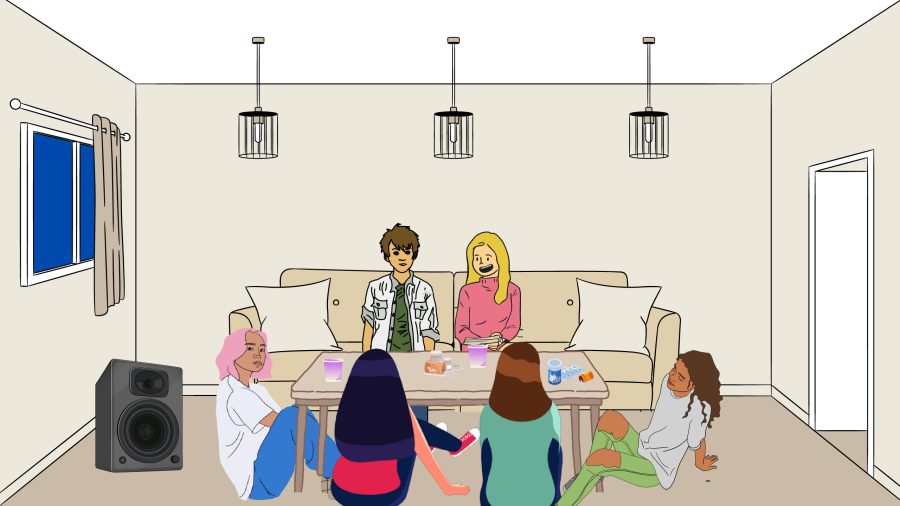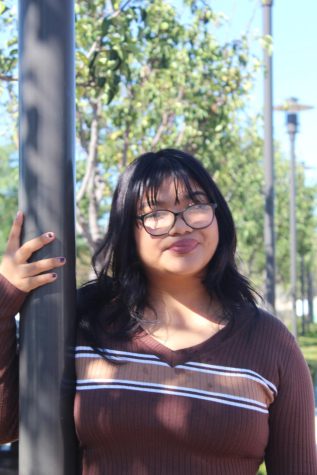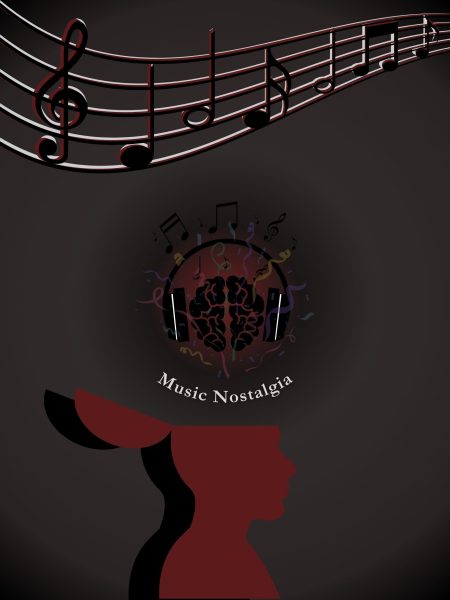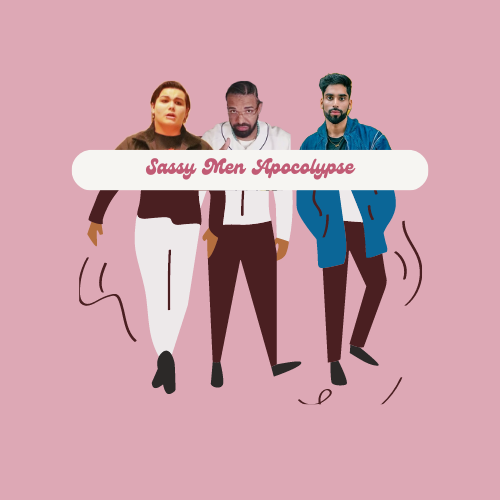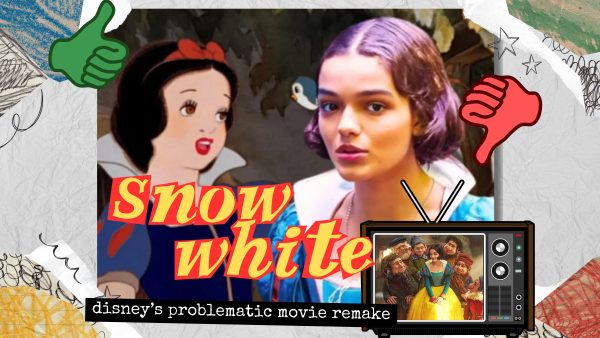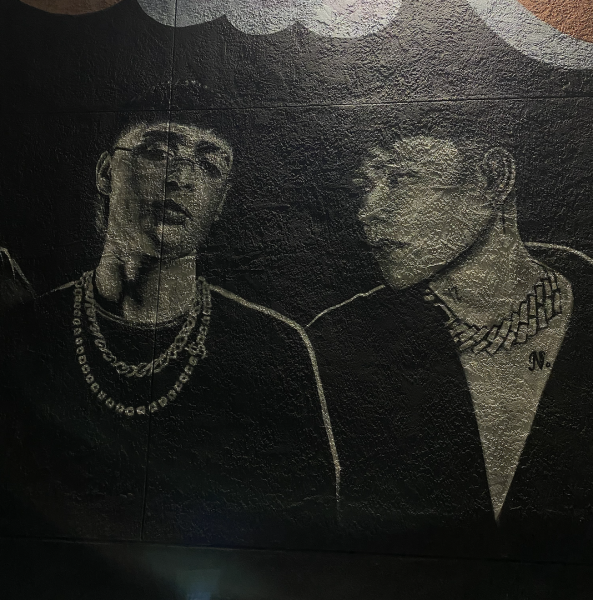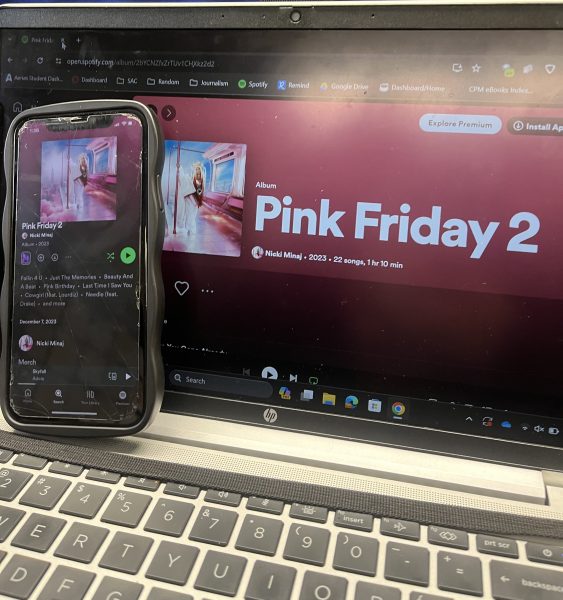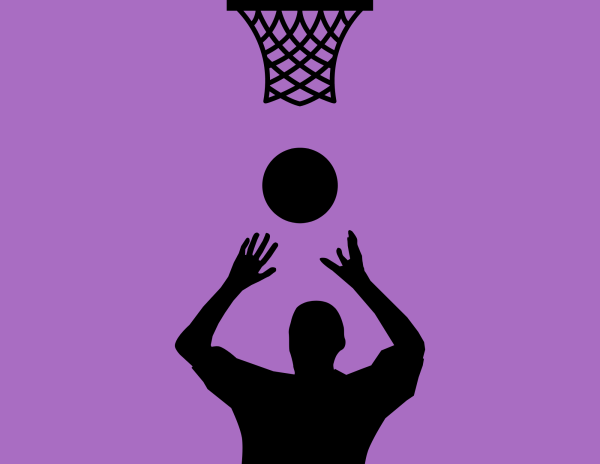Popping pills and spitting rhymes
The rise of prescription drug abuse in rap
Xochilt Chamu (created with Canva)
To emulate their favorite artists and current trends, teens might be curious to try prescription drugs for recreational use.
Rap has become the defining sound of our generation. Rappers have quickly climbed the social ladder and are among the most recognized people of our time. In recent years, prescription drug abuse among rappers has become a prevalent topic in several songs. Many mainstream rappers have glorified prescription drug abuse in their lyrics, videos, and social media posts, presenting them as a package deal with fame and fortune.
One of the themes that rap music has been closely associated with is drug culture. Through lyrics, rappers have promoted the use of marijuana as a recreational drug. These themes have helped make weed more socially acceptable in certain communities. Snoop Dogg, one of the most successful rap artists of all time, has been vocal about his love of weed. His music frequently references his marijuana use and this has helped to create a cultural association between rap music and drug culture.
For many people, rap music is closely associated with the idea of rebellion against authority and mainstream society. This has been reinforced by rappers who have made it clear that they see marijuana use as a form of rebellion. Since the 90s, weed has been legalized in 21 states, which has caused stoner culture to be more accepted. Due to this shift, rappers have moved away from cannabis to pharmaceuticals.
Senior Reynol De La Torre explains the tolerance current generations have built for weed use.
“Newer generations are more desensitized to marijuana use; new generations have a tolerance for it because it’s not illegal and many adults around them or in the media do it and talk about it often. However, older generations still see it as harmful and dangerous because users were criminalized back then unlike now,” he said.
Weed was once criminalized and denounced. While many still have strong feelings against it, there is no denying the tolerance society has built for it. This raises concerns for the future state of recreational prescription drug use and whether or not society is creating a tolerance for it.
While some rappers may genuinely use prescription drugs to deal with health issues, such as chronic pain, anxiety, or depression, many have become dependent on them. Pharmaceutical drugs can be effective in treating those conditions when used appropriately. However, the drugs can cause issues for the user when used incorrectly. Inappropriately using drugs can risk overdose and death.
In 2018, the rap community was struck with tragedy; the fatal overdose of Mac Miller, a popular rapper and producer. Miller was widely respected for his unique style, creative vision, and authentic approach to his music. His untimely death at the age of 26 shocked and saddened his fans and fellow artists alike.
Miller’s death brought attention to the issue of drug addiction and mental health in the rap community. According to a toxicology report released by the L.A. County Coroner’s Office, cocaine and fentanyl were found in his system. Miller had been open about his struggles with substance abuse and depression. His 2014 mixtape “Faces” is packed with dark imagery, thoughts of suicide, and stories about his drug abuse. In his song “Angel Dust,” he includes all of these themes. The chorus, “Don’t be scared just come with me. It feels so good to feel this free. What are you afraid of? Tell me what you’re made of. What are you afraid of? It’s just a little angel dust,” encourages himself to keep abusing drugs since he has become so dependent.
Senior Isabella Silva, a fan of Miller’s music, explained the significance of understanding the consequences of illicit drug abuse.
“It’s important to remember Mac Miller’s story since there have been no recent incidents but many rappers are still addicted. If the public is not informed about the severe consequences of dabbling with these drugs, it leads to a tolerance for it. People are unaware of how little can kill you and how addictive they are. The drugs can affect your behavior, physical health, and mental health. It should also be made aware that there are several treatment programs and professionals they can go to receive help.”
Mac Miller’s death was a tragedy that left a lasting impact on the rap community. His talent and contributions to the genre will always be remembered. His legacy serves as a reminder of the importance of mental health and the need for support for those struggling with addiction.
Despite this tragedy, mainstream rap continues to glorify the lifestyle Miller once lived. Some of the most commonly referenced prescription drugs in mainstream rap songs include Xanax, Percocet, Adderall, hydrocodone, oxycodone, and lean, a mixture of codeine and promethazine. Rappers often describe the effects of these drugs including feelings of euphoria, relaxation, and numbness. These messages can have a profound impact on their young and impressionable fan base, who may see drug use as a way to emulate their favorite artists.
Senior Andrew Gomez reflected on how drug abuse themes affect listeners.
“If the music does harm to listeners, it is more likely to affect uninformed people because they’re going into it without really knowing a lot. Rappers will talk about how they use it to escape their problems and that can make the impression that abusing them can help them,” he said.
Certainly, not all teens who listen to rap partake in drug abuse but the music may expose listeners to the names and effects of certain drugs they would have never discovered on their own. This makes listeners who are unaware of the extremities prone to curiosity.
The glamorization of prescription drugs in rap music has raised concerns among health professionals, who worry about the impact it may have on public health. Prescription drug abuse is a growing problem in the United States with millions of Americans struggling with addiction to opioids and other pharmaceutical medications. Reported opioid-involved overdoses have been rising from 21,089 in 2010 to 80,411 in 2021. This means opioid-involved overdoses have increased 281.35% over the past decade.
The glorification of prescription drugs in rap music is a dangerous trend that has significant implications for public health. While it’s important to respect the artistic freedom of rappers and the cultural significance of their music, it’s equally important to address the harmful effects that their messages can have on young and impressionable listeners.


